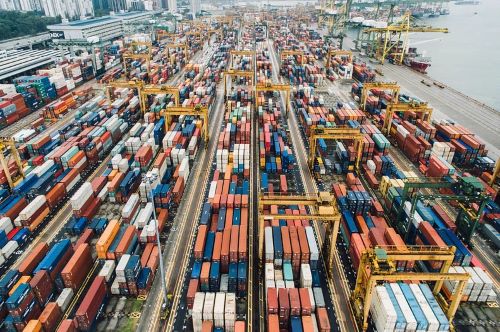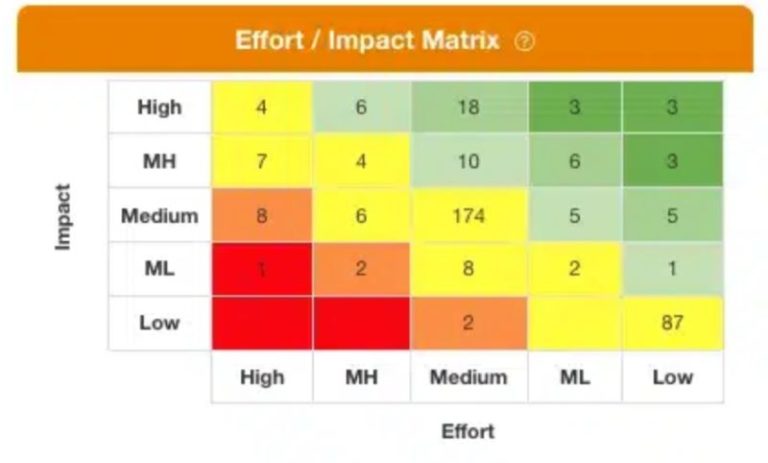

Have you considered outsourcing logistics operations to a third-party provider? As businesses grow and expand, managing the complexities of logistics can become overwhelming. That’s where these providers offer specialised services that streamline supply chain operations, reduce costs, and improve efficiency.
Understanding the essentials of third-party logistics, or 3PL, can help you make informed decisions that benefit your business. Let’s explore the five fundamental essentials of third-party logistics that you should know to optimise your supply chain and stay competitive in today’s market.
1. Comprehensive Supply Chain Management
Firms provide a comprehensive range of logistics services, including warehousing, inventory management, transportation, stackers and pallets, and distribution.
- Warehousing and Inventory Management: 3PL providers manage warehousing operations, ensuring that products are stored securely and inventory levels are optimised to meet demand without overstocking.
- Transportation and Distribution: They handle the complexities of transporting goods from one location to another, whether domestically or internationally, ensuring timely delivery and cost-effective routing.
- Order Fulfilment: Businesses simplify the order fulfilment process, from choosing and packing to shipping, guaranteeing that client orders are fulfilled correctly and efficiently.
2. Advanced Technology Integration
Third-party providers leverage advanced technology to enhance visibility, efficiency, and accuracy throughout the supply chain. From sophisticated tracking systems to automated inventory management, these technological tools provide businesses with real-time insights and greater control over their logistics processes.
- Real-Time Tracking: They use GPS tracking and other technologies to offer real-time visibility into the movement of goods, allowing businesses to monitor shipments and make informed decisions. Logistics experts need to know more about GNSS simulators from CAST Navigation to fully understand how advanced positioning systems can improve route accuracy and efficiency. By simulating real-world conditions, these tools help companies test navigation performance, reduce risks, and optimize transportation strategies before deploying them in live operations.
- Automated Systems: Automation in warehousing, inventory management, and order processing helps reduce human error, increase speed, and improve accuracy in logistics operations.
- Data Analytics: By analysing data from various touchpoints in the supply chain, third-party providers can identify trends, optimise processes, and make strategic recommendations to enhance overall performance.
3. Scalability and Flexibility
Another essential aspect is their scalability and flexibility. Your logistics needs will change as your business grows or experiences seasonal fluctuations. A reputable third-party provider can scale their services to match your business’s evolving requirements, ensuring you have the necessary resources without overcommitting to fixed logistics costs. Whether launching a new product line or expanding your operations internationally, a provider can quickly adapt to the increased demand and manage the complexities of new logistics challenges.
4. Cost-Effectiveness and Efficiency
Businesses provide the ability and resources to negotiate better carrier rates, optimise shipping routes, and manage inventory more efficiently, contributing to lower operational expenses.
- Reduced Transportation Costs: By consolidating shipments and optimising routes, providers can reduce the cost of transportation, leading to savings for your business.
- Lower Inventory Costs: Efficient inventory management minimises the need for excess stock, reducing storage costs and the risk of obsolescence.
- Time Savings: A provider managing logistics allows your internal staff to concentrate on crucial company tasks, enhancing overall effectiveness and productivity.
5. Risk Management and Compliance
They are well-versed in the regulations and requirements of different markets, ensuring that your operations remain compliant and that risks are minimised.
- Regulatory Compliance: Companies stay up-to-date with the latest regulations, ensuring that their logistics operations adhere to all relevant laws and standards, whether they pertain to import/export restrictions, customs, or safety requirements.
- Risk Mitigation: Third-party services may use their experience and resources to foresee possible risks and establish contingency plans to mitigate the effect of supply chain interruptions.
Third-party logistics providers offer a comprehensive suite of services that can significantly enhance your business’s supply chain operations. By understanding the essentials of third-party logistics—comprehensive supply chain management, advanced technology integration, scalability, cost-effectiveness, and risk management—you can make informed decisions that drive efficiency and growth.


